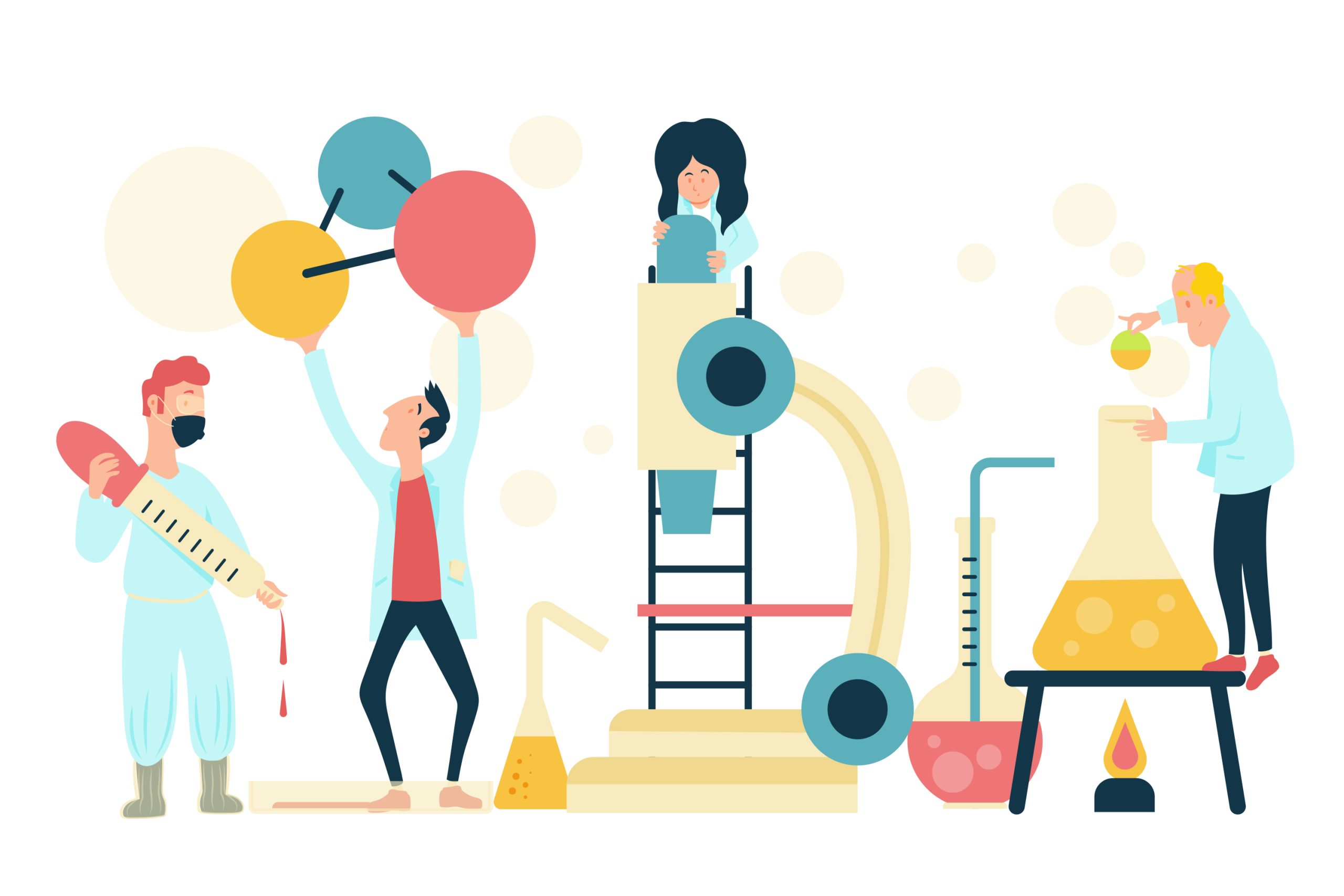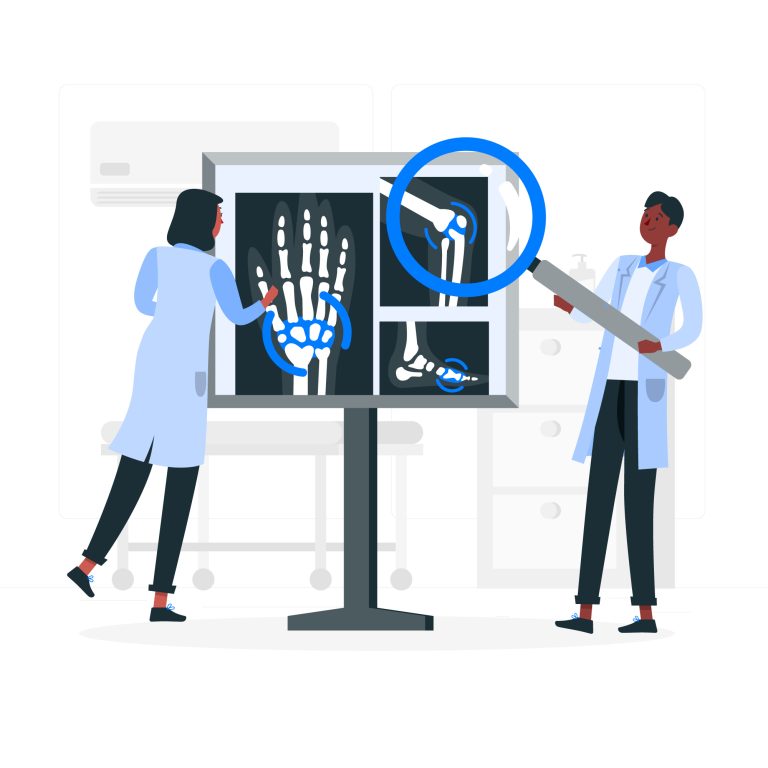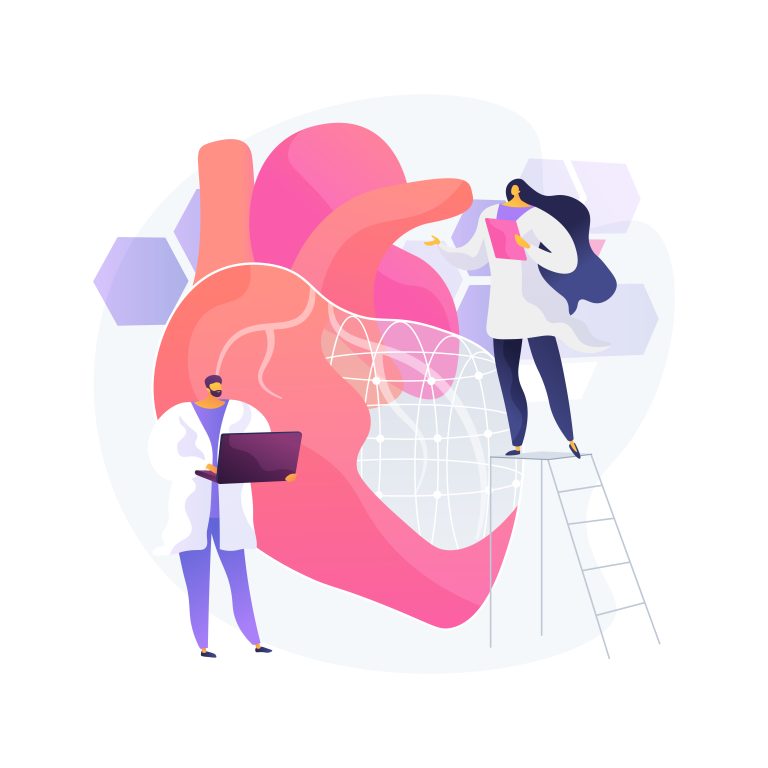The Mind-Body Connection: From Ancient Philosophy to Modern Science
The concept of the mind-body connection—how mental and emotional states influence physical health—has been a foundational idea in ancient health systems and has gained significant recognition in modern science. This article explores its historical roots, contemporary integration, and practical stress management and mindfulness applications.

Understanding the Mind-Body Connection in Ancient Health Systems
Ancient health systems deeply explored the interplay between mind and body:
- Ayurveda (India): Ayurveda posits that mental and emotional states are closely linked to physical health. Imbalances in the mind, such as stress or negative emotions, are believed to affect the doshas (body energies), leading to physical ailments. Meditation, yoga, and balanced living harmonize the mind and body.
- Traditional Chinese Medicine (TCM): TCM emphasizes the flow of Qi (vital energy) and its connection to emotional well-being. Emotional disturbances, such as anger or fear, were thought to disrupt Qi flow and manifest as physical symptoms. Practices like acupuncture and Tai Chi aimed to restore emotional and physical balance.
- Greek Medicine: Hippocrates and other Greek scholars recognized the impact of emotions on health. Hippocrates advocated for a balanced lifestyle and considered mental states, such as stress or grief, influencing physical health. His holistic approach included diet, exercise, and mental well-being.
Integration into Modern Mental Health Practices
The mind-body connection is now a central concept in modern mental health practices:
- Mindfulness and Meditation: Modern psychology and therapy integrate mindfulness and meditation to address stress, anxiety, and depression. Research supports these practices in reducing symptoms and improving well-being by promoting relaxation and self-awareness.
- Cognitive Behavioral Therapy (CBT): acknowledges the relationship between thoughts, emotions, and physical health. It helps individuals identify and modify negative thought patterns contributing to stress and physical symptoms, improving mental and physical health.
- Stress Management Techniques: Techniques such as biofeedback and relaxation training manage stress and its physical effects. By monitoring physiological responses and practicing relaxation, individuals can learn to control their stress responses and improve their health.
Examples of Stress Management and Mindfulness Techniques
- Mindfulness Meditation: Mindfulness meditation focuses on the present moment with non-judgmental awareness. This practice has been shown to reduce stress, enhance emotional regulation, and improve overall well-being. Programs like Mindfulness-Based Stress Reduction (MBSR) incorporate mindfulness techniques to help individuals manage stress.
- Yoga: combines physical postures, breathing exercises, and meditation to promote mind-body harmony. Its holistic approach has been demonstrated to reduce stress, improve mental clarity, and enhance physical health.
- Deep Breathing Exercises: Techniques such as diaphragmatic or controlled breathing can activate the parasympathetic nervous system, promoting relaxation and reducing stress. These practices help manage physical responses to stress and improve overall mental well-being.
In conclusion, the mind-body connection, recognized in ancient health systems, is a cornerstone of modern mental health practices. By integrating historical wisdom with contemporary science, mindfulness, meditation, and stress management techniques offer practical ways to enhance well-being and address the complex interplay between mental and physical health.


